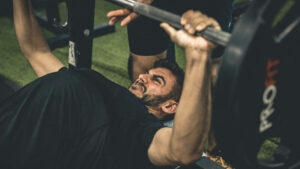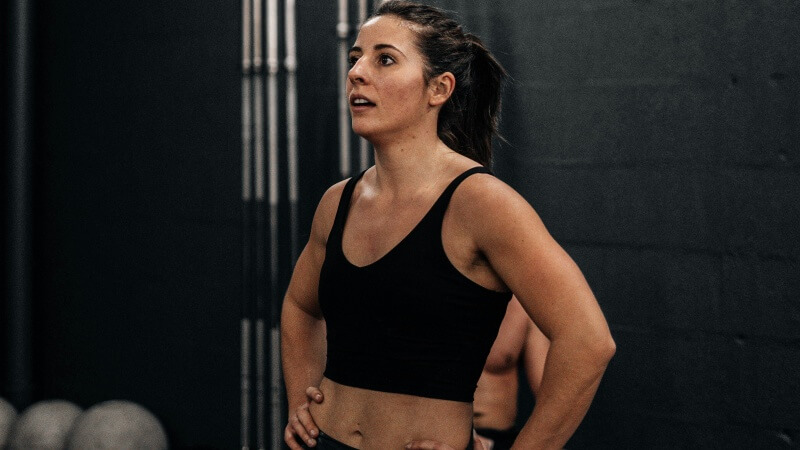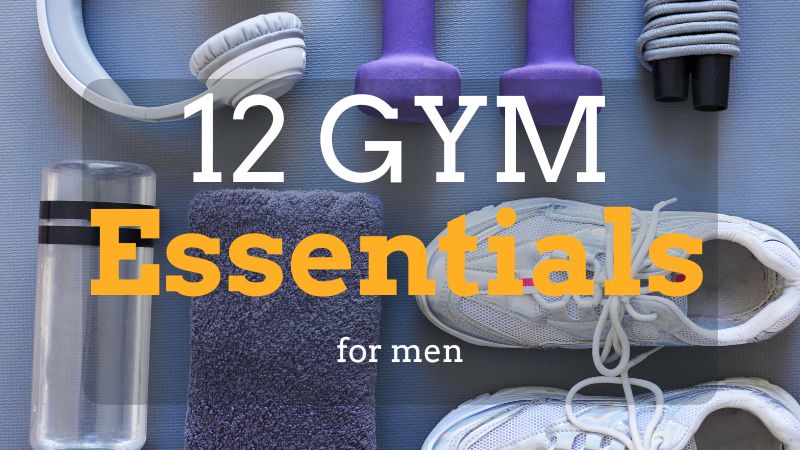
Gym Essentials For Women:A Complete List
Enthusiasts who never miss a session, understanding the gym essentials for women is crucial, not just for what to wear but also for what to

Beat the summer heat and stay cool! As temperatures soar and the sun blazes, it becomes essential to rehydrate fast and efficiently.
Proper hydration is key to maintaining health, especially during the hot months.
Whether you’re engaging in summer sports, relaxing outdoors, or tackling your daily tasks, rapid rehydration is crucial for feeling refreshed and healthy.
In this blog post, we’ll explore the significance of staying hydrated in the summer and provide effective tips for quick rehydration. Get ready to uncover the secrets of handling the heat and enjoying a cool, well-hydrated summer!
Hydration becomes paramount in the summer as soaring temperatures and heightened outdoor activities lead to increased fluid loss through perspiration.
Neglecting to restore these lost fluids can result in dehydration, carrying health hazards such as dizziness, fatigue, and the more severe risk of heatstroke.
Adequate hydration does more than just relieve thirst; it bolsters our overall health. It facilitates digestion, helps regulate body temperature, preserves skin health, and is essential for organ function.
Keeping hydrated elevates energy and improves cognitive abilities, empowering us to fully embrace the summer activities while conscientiously maintaining our health.
Grasping the concept of dehydration is critical for our health management. Dehydration happens when our bodies expel more fluids than we intake.
This can be due to various reasons, such as excessive sweating, insufficient water intake, or certain health conditions.
Typical symptoms include heightened thirst, dry mouth, darker urine, lethargy, dizziness, and headaches. Identifying these early indicators of dehydration enables timely intervention.
By acknowledging these initial signs, we can act swiftly to rehydrate and rebalance our body’s fluids. Proactively managing hydration is key to protecting our health and ensuring optimal bodily function, especially during the summer.
Effective hydration is a cornerstone of good health, especially in summer. The general guideline suggests drinking around 8 cups or 64 ounces of water daily.
To facilitate this, carrying a reusable water bottle is a practical approach, providing constant access to water while minimizing plastic waste.
Combating dehydration can also be achieved through specific foods and drinks. Consuming fruits and vegetables high in water content is beneficial. Watermelon, cucumber, strawberries, oranges, and celery are ideal for hydration, offering essential nutrients and fiber.
In terms of beverages, options like coconut water or infused water serve as delightful substitutes. Coconut water, loaded with electrolytes, helps restore bodily fluids. Infused water, created by adding fruits, herbs, or vegetables to water, enhances taste and encourages increased water consumption.
While monitoring fluid intake is vital, it’s equally important to recognize drinks that might cause dehydration. High amounts of caffeine and alcohol can lead to more fluid loss.
Moderation in these beverages, or opting for decaffeinated or herbal teas and limiting alcohol, is recommended to preserve hydration levels during the warm summer months.
For efficient and quick rehydration, certain methods can be particularly effective. Beyond just consuming water, it’s crucial to include beverages and foods that are rich in electrolytes, such as sodium, potassium, and magnesium. These electrolytes are essential for restoring fluid balance and sustaining hydration levels.
Options like sports drinks and oral rehydration solutions are superb choices, as they’re specifically designed to balance electrolyte levels.
Sports drinks offer dual benefits of hydrating and replenishing electrolytes, while oral rehydration solutions, available in pharmacies, are tailored to counteract dehydration.
By integrating these methods into your routine, you can effectively restore fluids and electrolytes, keeping your body well-hydrated.
In summation, ensuring adequate hydration in summer is vital for our health. Throughout this blog post, we’ve highlighted the dangers of dehydration, the value of proper hydration, and effective methods to stay hydrated.
Emphasizing the importance of drinking sufficient water, selecting foods and drinks that assist in hydration, and limiting caffeine and alcohol are key steps in safeguarding your health.
Being alert to early symptoms of dehydration and adopting fast rehydration strategies, including electrolyte-rich beverages, are essential.
Prioritize staying hydrated this summer to effectively combat the heat, maintain your well-being, and thoroughly relish the season. Cheers to a refreshingly hydrated summer!
FAQ: Can Weather Conditions Other Than Heat Affect Hydration Needs?
Answer: Yes, even in less hot conditions, such as overcast days or windy environments, your body can lose fluids. It’s important to stay hydrated regardless of the apparent temperature, as dehydration can occur even in cooler weather.
FAQ: Are There Any Specific Hydration Tips for People Engaging in High-Intensity Summer Sports?
Answer: For high-intensity activities, it’s recommended to increase fluid intake and consider electrolyte supplementation. Sports drinks can be particularly beneficial before, during, and after vigorous exercise to maintain optimal hydration and electrolyte balance.
FAQ: How Can I Tell If I’m Drinking Enough Water Throughout the Day?
Answer: One simple method is to check the color of your urine; it should be a light, pale yellow. If it’s dark, you may need to increase your water intake. Also, ensure you’re drinking consistently throughout the day, not just when you feel thirsty.
FAQ: Is It Possible to Overhydrate, and What Are the Signs?
Answer: Yes, overhydration or water intoxication can occur, particularly during prolonged physical activity. Signs include nausea, headache, confusion, and in severe cases, seizures. It’s important to balance water with electrolyte intake, especially during extended periods of exercise.
FAQ: Are There Different Hydration Needs for Children and Seniors During the Summer?
Answer: Absolutely. Children and seniors have different physiological needs and may be more susceptible to dehydration. It’s important for these groups to drink water regularly, and caretakers should monitor hydration levels, adjusting as necessary for activity levels and environmental conditions.


Enthusiasts who never miss a session, understanding the gym essentials for women is crucial, not just for what to wear but also for what to

A common myth circulating in the fitness world is the belief that a gym diet plan is unnecessary. Many seem convinced that they can simply

The average bench press, often referred to humorously in gyms as ‘How much ya bench’ or ‘whaddaya bench?’, stands as a quintessential measure of strength

Nowadays, we always seem to be packing a bag for something. Whether it’s getting ready for work with your messenger bag or briefcase, filling up

Enthusiasts who never miss a session, understanding the gym essentials for women is crucial, not just for what to wear but also for what to

A common myth circulating in the fitness world is the belief that a gym diet plan is unnecessary. Many seem convinced that they can simply

The average bench press, often referred to humorously in gyms as ‘How much ya bench’ or ‘whaddaya bench?’, stands as a quintessential measure of strength

Nowadays, we always seem to be packing a bag for something. Whether it’s getting ready for work with your messenger bag or briefcase, filling up
Copyright © 2025 remindsmartbottles. All Rights Reserved.
Copy the coupon code below and fill it in when you purchase to enjoy!
newuser